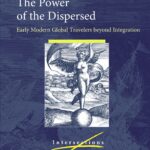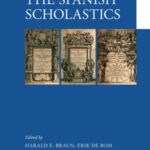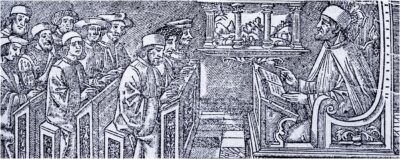 (Talk given at TEI 2022 conference in Newcastle University, https://zenodo.org/record/7101456)
(Talk given at TEI 2022 conference in Newcastle University, https://zenodo.org/record/7101456)
The topic of this year’s TEI conference and members’ meeting — “text as data” — addressed a growing amount and diversity of textual data produced by the humanities projects. With the increase of data there is also an expanding need for its quality assurance. Several research data projects have already assigned specific teams to tackle the task of standardizing the continuous quality management. I refer, for example, to the task area “Standards, Data Quality and Curation” within the NFDI4Culture consortium, or the KONDA project at the Göttingen State and University Library. The XML data production is in fact a process of a continuous validation, correction, and improvement, involving, inter alia, ODD, RelaxNG, and XML Schemata; custom Python and R scripts; the XSLT, XQuery and Schematron routines integrated into a test-driven development frameworks such as XSpec.
In my talk I addressed a rather unconventional way of testing the TEI data, namely printing it. TEI production workflows frequently presuppose HTML and PDF export, the issue I focused on is the diagnostic value of such prints for the quality control.
Continue reading “Back to analog: the added value of printing TEI editions”
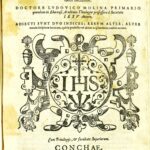
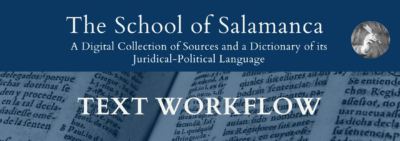 Since its beginning in 2013, the Salamanca Project has been developing a text editing workflow based on methods and practices for sustainable and scalable text processing. Sustainability in text processing encompasses not only reusability of the tools and methods developed and applied, but also long-term documentation and traceability of the development of the text data. This documentation will provide an important starting point for future research work. Moreover, the text preparation must be scalable, since the Digital Source Collection comprises a relatively large mass of texts for a full-text digital edition project: in total, it will involve more than 108,000 printed pages from early modern prints in Latin and Spanish, which must be edited in an efficient and at the same time quality-assured manner.
Since its beginning in 2013, the Salamanca Project has been developing a text editing workflow based on methods and practices for sustainable and scalable text processing. Sustainability in text processing encompasses not only reusability of the tools and methods developed and applied, but also long-term documentation and traceability of the development of the text data. This documentation will provide an important starting point for future research work. Moreover, the text preparation must be scalable, since the Digital Source Collection comprises a relatively large mass of texts for a full-text digital edition project: in total, it will involve more than 108,000 printed pages from early modern prints in Latin and Spanish, which must be edited in an efficient and at the same time quality-assured manner.